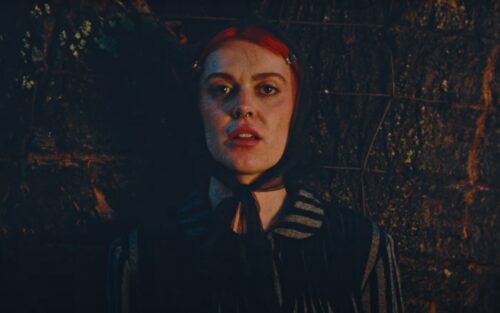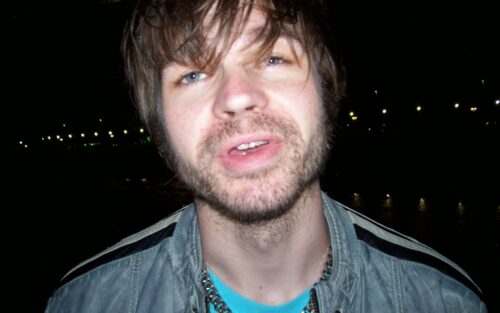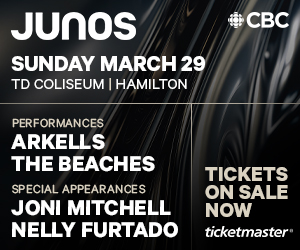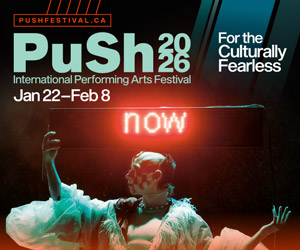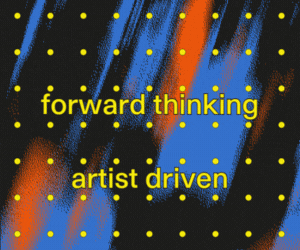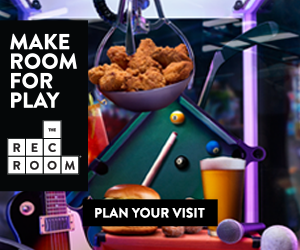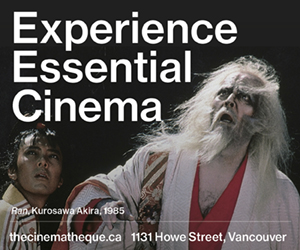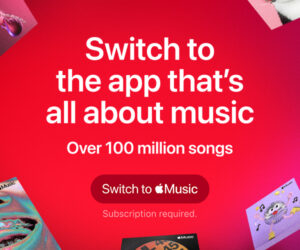Tommy Chong Steps Up His Weed Game
“Music is eternal, just like cannabis — They’re both connected to god.”
By Aurora Zboch
- Published on
Chong’s passion for weed goes back half a century, but his decision to join the industry raised his standards for quality. After turning down big corporations, he and his nephews chose to partner with Candre Cannabis for their craft processes, genetics and hand-trimmed love that goes into growing. Chong is also passionate about sustainability and this is one of the few companies that use biodegradable packaging.
When it comes to strains, Tommy’s Craft Cannabis doesn’t joke around. Look out for Dosi Punch (indica), GGGrapestomper (sativa-dominant), and Cherry ‘47 (hybrid) – some remixes on famous phenotypes averaging in the 18-25% THC range. Tommy’s Craft Cannabis also strives for transparency with terpenes and additional, lesser-known cannabinoids like CBN (Cannabinol) and CBG (Cannabigerol). Dried flower and pre-rolls are also available in Alberta, Ontario and Saskatchewan.
With more to look forward to as the cannabis industry evolves, we can depend on Chong to be ahead of the curve because of his long standing presence in cannabis culture. We spoke to the legend himself below to learn more about how he’s stepping up his weed game with his family in tow.
What does it mean for you to be releasing your very own cannabis products out of Calgary?
Tommy Chong: The marketing team likes it! I don’t really miss Alberta, to be honest – it’s too conservative. I’d come back to Vancouver before ever coming back to Calgary, but it is where some of my family still lives, and since I was raised there, it makes for a nice story. Some people say only BC grows good weed, but Alberta knows what they’re doing too because the BC guys taught them how it’s done. I’m glad we finally made it happen in Canada.
Why now? What do you think is missing from the cannabis market currently?
I knew we’d launch one day, but we had to wait for the right growers – people who do things the old-school way. I don’t want to smoke anything that’s been through a machine or in a vault for three years – there’s enough corporate junk already out there.
You know, craft growers aren’t treated well in Canada – the taxes are too high, and if you don’t have millions, you might never make it. Small companies need a chance and we need more legacy growers with old-school genetics and craft processes. If you’ve got quality hung dry and hand-trimmed weed, I want to partner with you!


There are a number of artist-backed cannabis brands south of the border, but fewer are available in Canada as of yet. Was it particularly difficult bringing your brand to Canada?
They enacted a law that said you can’t have celebrity endorsements. Willie (Nelson) tried, Snoop tried and had to change the name. Seth Rogan has already come and gone in Canada. I remember thinking very vividly it would be years until I’d get an electric car, but I’ve had one for five years now. Time man, time is flying by. There’s a transition between illegal and legal and it takes time for everyone to get it right.
We can’t tell you exactly how we did it, but it came down to my work in the cannabis industry – it’s not about my movies! We had a lot of offers from the big corporations, and I’m glad we turned them down. The quality just wasn’t there. Their hearts weren’t in it. I’ve still got to be careful what I say in Canada, though. There’s a lot of rules and I can’t really promote it.
What obstacles does the cannabis industry face when partnering with music and entertainment? Do you know much longer until I can order a dab-like drink at a show?
Venues got hit hard during COVID, and I think right now would be a great time to change the rules about inducements and sponsorship. You can sponsor a Friday night or pay a local artist to install a mural if you’re a booze company but not a cannabis company. You know, a lot of people choose cannabis over alcohol during the pandemic. If you could sip on a CBD drink while watching a band, it would bring people out again, maybe even old guys like me. It’s all about living a healthy life, that’s all.
What are your most vivid memories as a musician in the 60s, when you moved from Calgary to join Bobby Taylor and the Vancouvers?
Well, we actually got kicked out of Calgary in 1958. That’s when I went to Vancouver – just for a year, and then my family came and picked me up and brought me home with my girlfriend, who I ended up marrying. We got another job, so I went back.
That’s when I was with Little Daddy and the Bachelors. We toured all the way to LA, and on a stop in San Francisco, I met Bobby Taylor. We needed a drummer, so I called up Bobby, and he said he’d do it. But Bobby was such a phenomenal singer. He started singing, we played clubs and got discovered by the Supremes. We didn’t even have a name then. People started calling us The Vancouver Group, which later became Bobby Taylor and the Vancouvers.
Why do music and cannabis go together so well, and how have you seen that relationship evolve?
In the beginning, there was sound. That sound became music. Music is eternal, just like cannabis. They’re both connected to god.
By Stephan Boissonneault
Nate Amos revisits a decade of stray ideas and turns them into his most compelling record yet.
By Khagan Aslanov
Mike Wallace’s electro-punk project premieres the hypnotic, percussion-driven video for "Certain Days."

